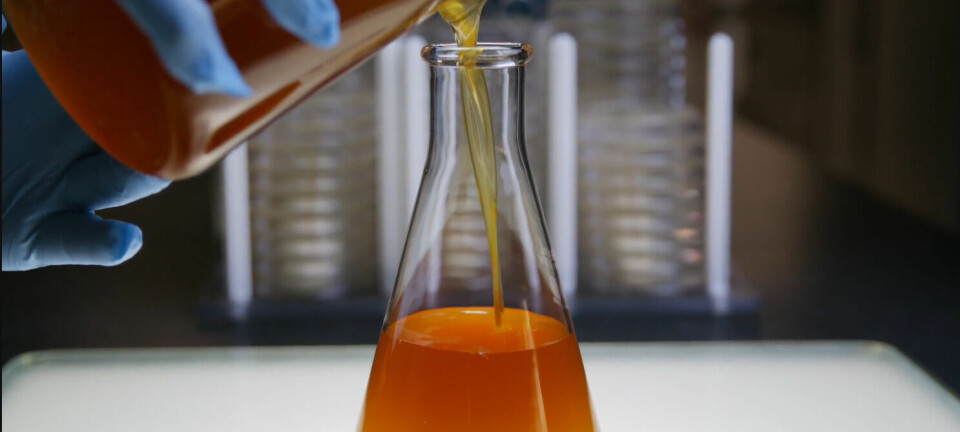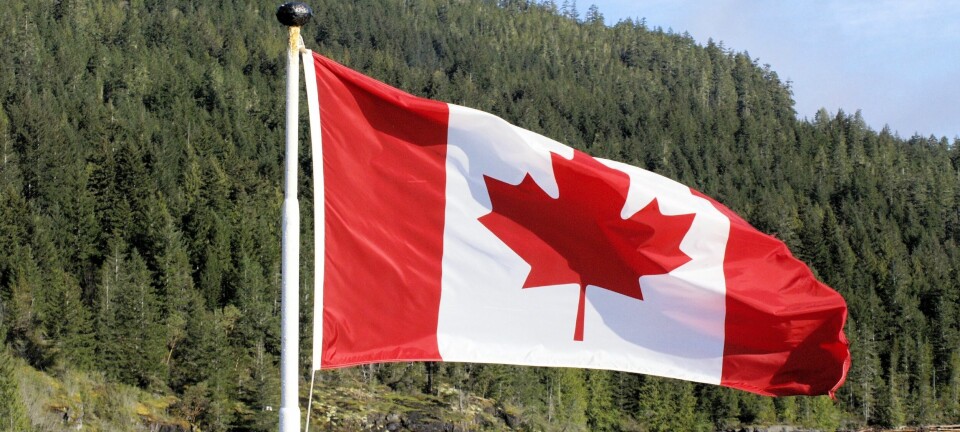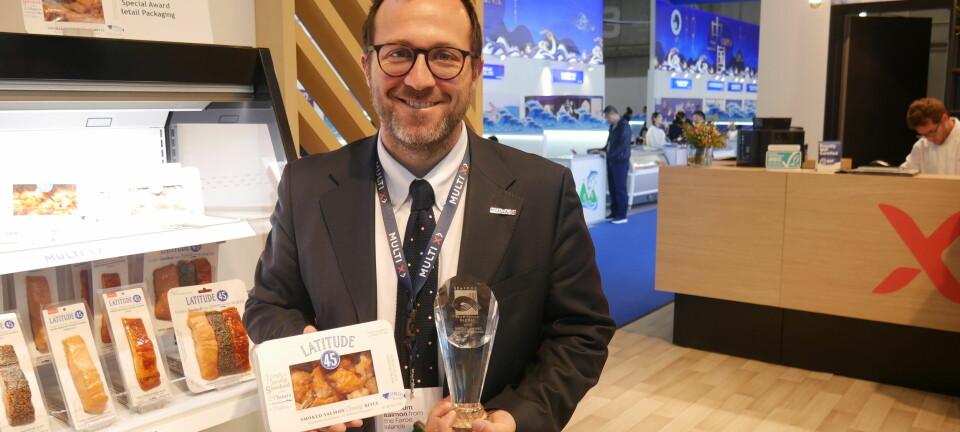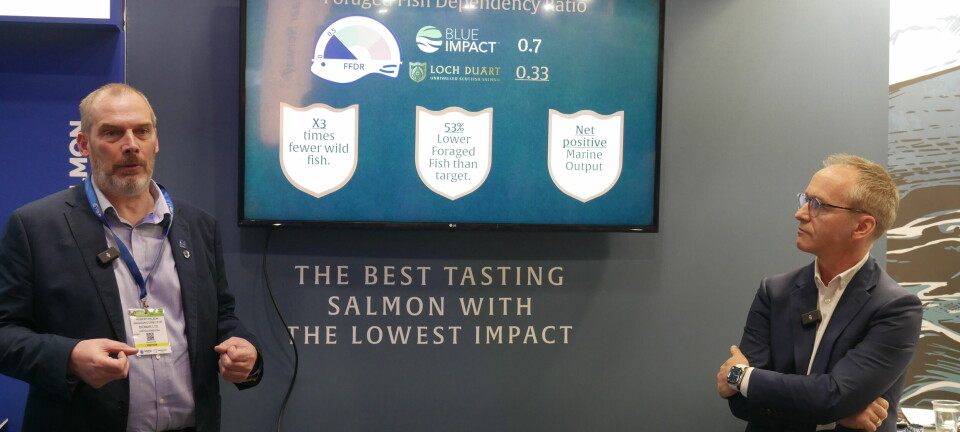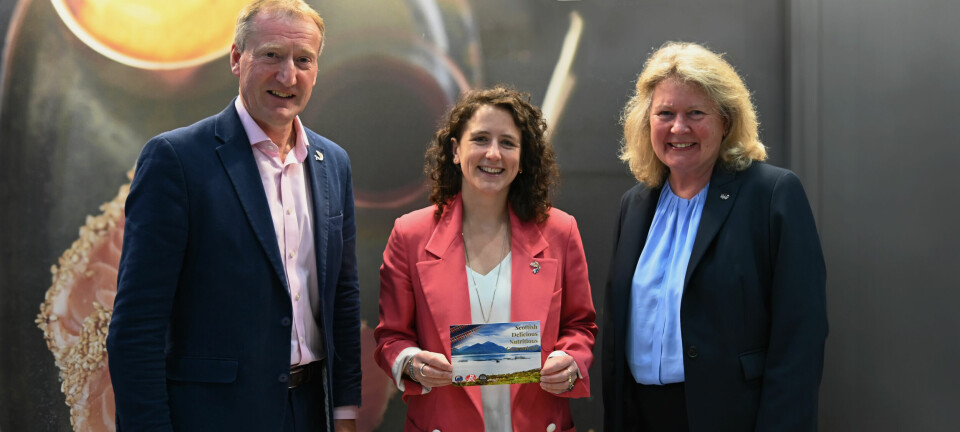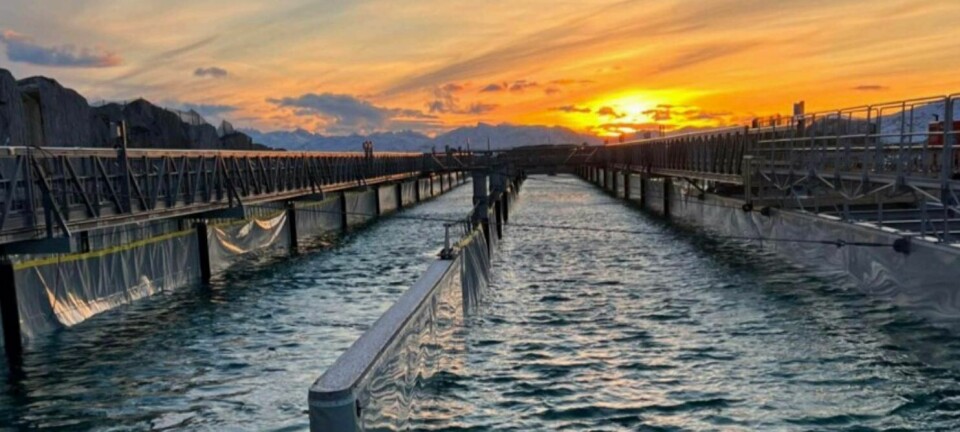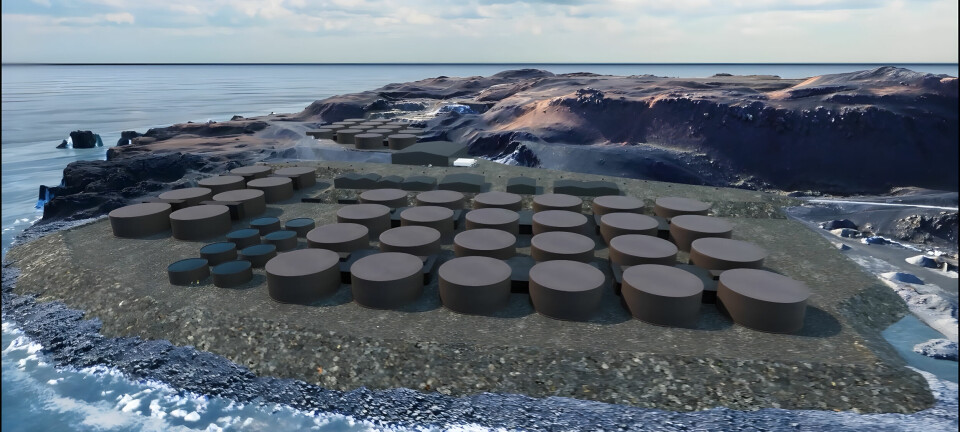
Scottish net washer exporter bids to clean up at home
A Stirling-based net washer supplier that has so far enjoyed most of its sales success in north America is gearing up for an increase in trade closer to home after clinching its first Scottish order.
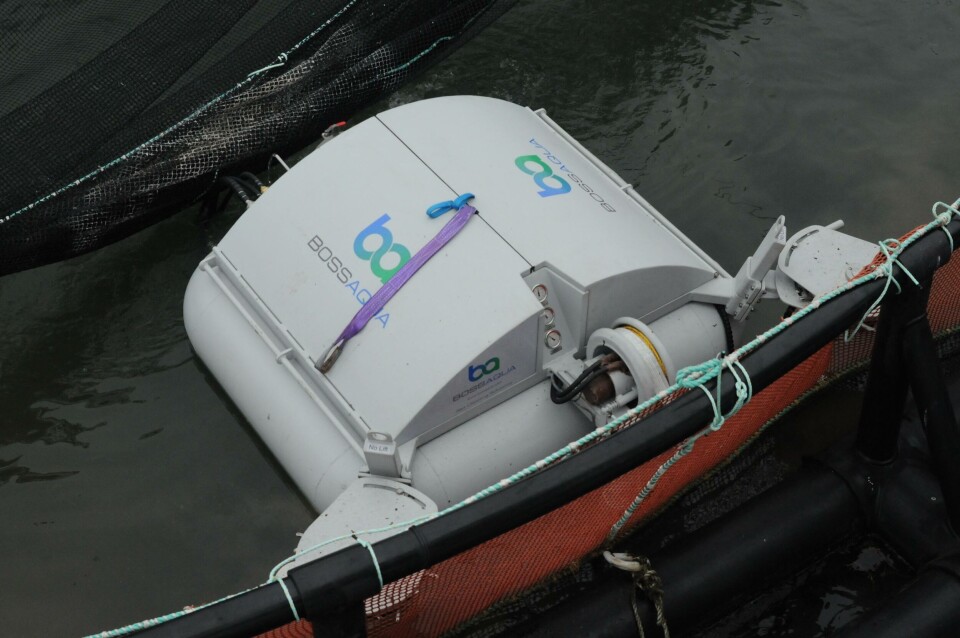
Trimara Services, which supplies the New Zealand-made AutoBoss machine, has 10 of the machines in operation in the US and Canada, with an 11th on the way.
The company is run by former fish farmer Stewart Hawthorn and his wife, Kerry. They have a product support and sales representative based in Campbell River, British Columbia, and will soon advertise for someone to take on a similar job in Scotland.
Hawthorn, who gave up his last job as farming director at Dawnfresh last autumn to concentrate full-time on Trimara, claims the automated machine is cheaper to run than other net washers because it requires less fuel and operator attention, doesn’t require a specialist support vessel and needs fewer repairs and maintenance.
Similar pattern
And he is confident the single sale Trimara has made in Scotland will quickly lead to more after it is delivered in September.
“We always found that when somebody buys one they always end up with at least four, so we would be hoping to see a similar pattern here in the UK, and we hope and expect other people will want to see this technology working for themselves and see the benefits of genuine automation and genuinely good reliability,” he said.
“We are going to be recruiting a product support mechanic for the UK market. If you want to provide good customer support you’ve got to recruit ahead of the curve, so you’ve got the resources to do that, and that’s exactly what we’re doing.
“We’ve already got a full-time person based in British Columbia who’s supporting the north American market at this stage, and we’re constantly making sure that we’ve got enough resources to provide people with the support that they need.”
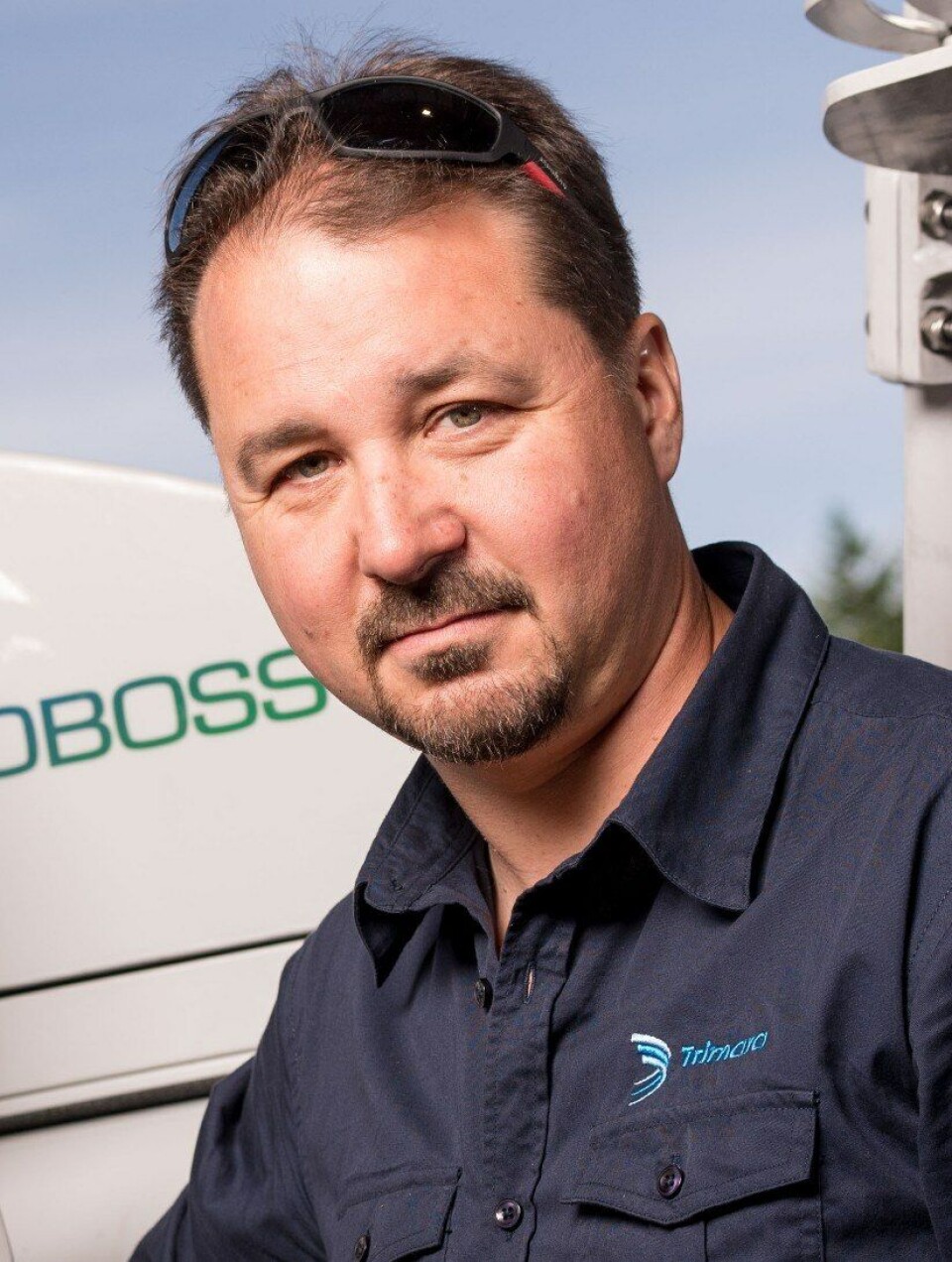
Hawthorn met the machine’s developer while working as general manager of New Zealand King Salmon. Trimara is responsible for selling the AutoBoss in north America, Europe and other markets around the world.
He said Trimara wanted to be sure the machine was reliable and did the job it was designed for before it was put on the market.
“Our business started in January 2016 and our first commercial sale was towards the end of 2016, then we had five more sales in 2017 and we’ve had about 10 this year so far,” said Hawthorn.
Graveyard of ideas
“What we’re trying to provide is a machine that’s reliable, because if fish farmers are going to wash their nets they want to know that they can wash them.
“In my 30 years in fish farming, you so often buy bits of kit that you spend the next two years making work or end up out the back of the shed in the graveyard of ideas that didn’t work. Our goal was to never have fish farmers feeling that this machine had to go there, and to surprise them that it actually does what we say.
“We think the fact that we’ve delivered multiple sales to the same customers is testament to the fact that the machine is doing what we say it will.”
All on board
Hawthorn said the AutoBoss differed from most net washers because everything required to run the cleaning head was contained in a floating pontoon, rather than aboard a boat.
“Inside the pontoon is a diesel engine, the hydraulic pump, the high-pressure water pump, the computer or PLC (programmable logic controller) that runs it, all of that’s on board,” he said.
“Once you deploy it in the pen it’s completely autonomous. That’s the big difference. Most other technologies require a vessel that’s attached to the cleaning head, all they launch into the pen is the cleaning head, whereas we put the whole machine in as it incorporates its own floating pontoon.”
He added: “We use hydraulically-driven thrusters to hold the device on. We therefore need a smaller high-pressure water pump, even though we’re delivering the same cleaning power, and that means that you need less diesel. Our technology is using about 10-12 litres of diesel per hour, and some of the competing technologies might be more like 50-60 litres of fuel per hour. That’s a big saving.”
UK is priority
He said the because the operator didn’t need to “drive” the automatic cleaner but was simply keeping things on the pen out of the machine’s way, fewer staff were needed.
“The other advantage is that once you deploy it in the pen the boat doesn’t need to stay there, so you don’t have a dedicated vessel necessarily tied up attending the machine all the time. So, you get a saving, if you like, of that requirement,” added Hawthorn.
Trimara would love to sell the machines in Norway, Hawthorn said, but added: “Our focus right now is to get some sales into the UK market, and then we’ll have a closer look at other parts of Europe ie Norway, when people can go and see the machine working. That’s when we’ll turn our head to that market more seriously.
“But if there’s people in Norway who are wanting to make some significant cost reductions and deliver similar cleanliness or cleaner nets, then they should give us a call.”
